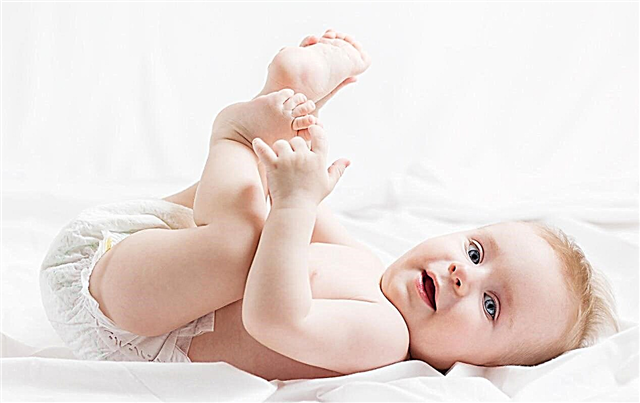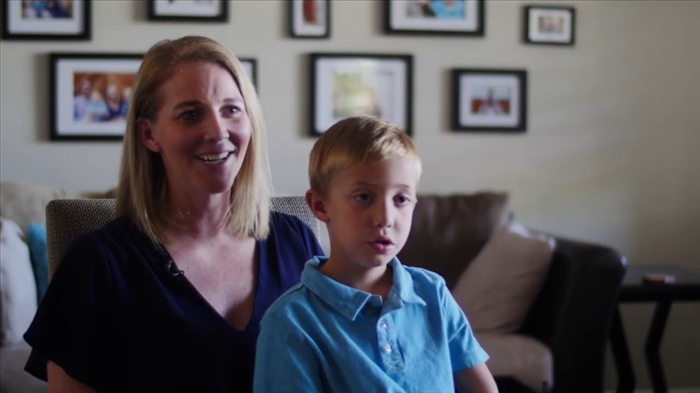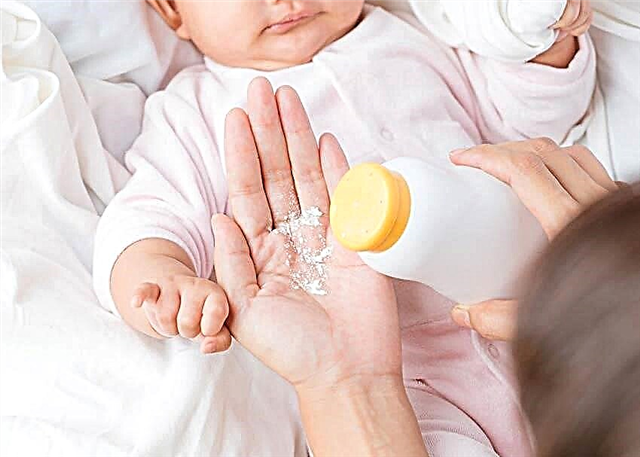Why wash your hands? Indeed, why? A banal answer: to keep them clean! And purity is the guarantee of what? That's right, health! Today we will teach your child how to wash their hands correctly.
Today there is no such person who does not know about the need for thorough hand hygiene. After all, it is on the hands that numerous bacteria accumulate - the causative agents of a wide variety of diseases. These are such life-threatening pathologists as intestinal infections that attack people mainly in the summer. In winter, these diseases are replaced by viral infections, which also often enter the human body from unwashed hands.

Children are most susceptible to this kind of disease, because their body is more susceptible to the effects of these pathogens. At the same time, most kids do not like to wash their hands or do it wrong: hastily and incorrectly. However, hand washing should be a must for a child, as natural as eating or sleeping. Therefore, the task of parents is to teach the baby the basic rules of hygiene.
5 reasons to be serious about hand washing
Why wash your hands?
Indeed, why? A banal answer: to keep them clean! And purity is the guarantee of what? That's right, health! Try to clearly show the child that it is our hands that we “use” all the time: we touch everything, open-close, take ... There may be dirt on our hands, which is visible and which is not visible. It is this dirt that is dangerous to health, because if you take, for example, an apple with dirty hands and eat it - hello, an upset stomach (and this is the most "harmless" option).

When to start learning
You need to teach your baby to wash his hands on his own as early as possible, up to a year - a year. Provided that the baby can confidently stand on its feet. Up to 3 years, the hand washing process should be carried out together with the parents. Indeed, at this age, the baby will not yet be able to thoroughly wash his hands without the help of adults. And only a child over 3 years old can already be completely entrusted with this process. But parents should regularly remind the baby that it is time for him to wash his pens. And by the age of 4, the baby should do it on his own, regular hand washing should already become a habit.
When to wash your hands
Of course, you don't need to go to extremes and run to the bath every half hour in order to wash your hands. But it is necessary to follow the rules of hygiene, you need to wash your hands in the following situations:
- before every meal and preparation of food;
- after coughing or sneezing, blowing your nose;
- after playing with animals, including pets;
- after contact with sick people;
- after cleaning the room;
- upon returning from the street;
- after using the toilet.

In all these cases, hand washing is a must. Indeed, in such situations, a greater number of pathogenic bacteria that are dangerous to the child's health accumulate on the hands.
How to wash your hands properly
- Wet your hands under running water after rolling up your sleeves. Take soap and lather your hands until lather appears. Rub your hand on your other hand. Thoroughly lather each finger, the spaces between the fingers, and the wrists. The duration of the procedure is at least 30 seconds. To increase interest in the process, you can even get a special children's hourglass.
- After these manipulations, hands are thoroughly rinsed with running water, wiped dry with a towel.
- It is good if each family member has their own hand towel, which must be thoroughly dried after each use and washed regularly. In the season of high incidence of viral infections, it is recommended to use disposable paper towels, as fabric products accumulate bacteria.

How to train
In order to quickly teach your baby to wash hands regularly, you need:
- Show your own example. Toddlers always tend to copy the behavior of adults.
- Wash your hands several times with the child, and then let him do it on his own, if the baby is already old enough. Children love independence.
- Buy individual hygiene items for your baby: beautiful baby soap, a soap dish, a towel with images of your favorite characters. You can go to the store with your child so that he chooses everything himself, or let him decorate the accessories on his own, for example, paint the soap dish with baby paints.
- During the procedure, tell the baby a fairy tale or a rhyme, speaking on behalf of his fingers, who are very happy about cleanliness and love to wash under warm water.
- Motivate by playing. For example, you can draw a formidable microbe monster on the palm of your baby with water-soluble markers. The baby, washing his hands, must wipe (defeat) him.
- Many parents use cartoons for teaching purposes, which tell about dirty children who did not want to wash their faces and wash their hands. Remember at least the good old cartoons "Moidodyr" and "Queen Toothbrush". There are also modern educational cartoons that explain why it is necessary to do this and not otherwise. Such examples work best on the child and instill a love of cleanliness and order.
- Use process posters to help your child wash their hands faster. They can be temporarily placed in the bathroom and draw the baby's attention to these drawings.
- Give the baby the appropriate responsibility, let him become the head washing hands in the family. Children love “grown-up” responsibilities that make them look like their elders. Let the baby remind household members who return from work or sit down at the table to wash their hands and arrange for them to be checked for cleanliness - then he himself will certainly not forget about this important ritual.
Useful tips and rules
To wash hands quickly become a habit for the baby, you need to follow a number of useful rules:
- If the child is wearing a sweater with long sleeves, they need to be rolled up so as not to get the clothes wet.
- The baby should be comfortable: if the sink is too high for him, let the baby stand on a chair or bench.
- Dirt from under the nails is removed with a special brush with soft bristles.
- Check and adjust the temperature of the water so that the child does not get scalded or uncomfortable with too cold water.
It is not an easy task to make your baby wash his hands regularly and without reminders. But if young parents follow these simple recommendations, do not force the child, but turn the process into a game, this will be much easier.



